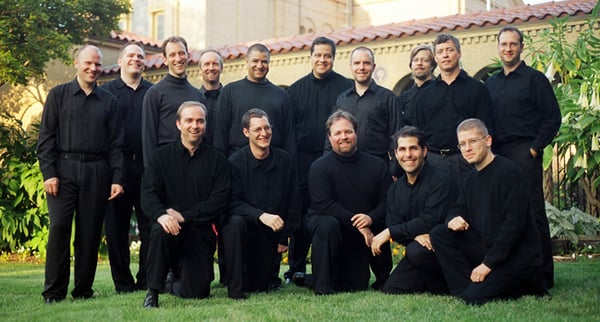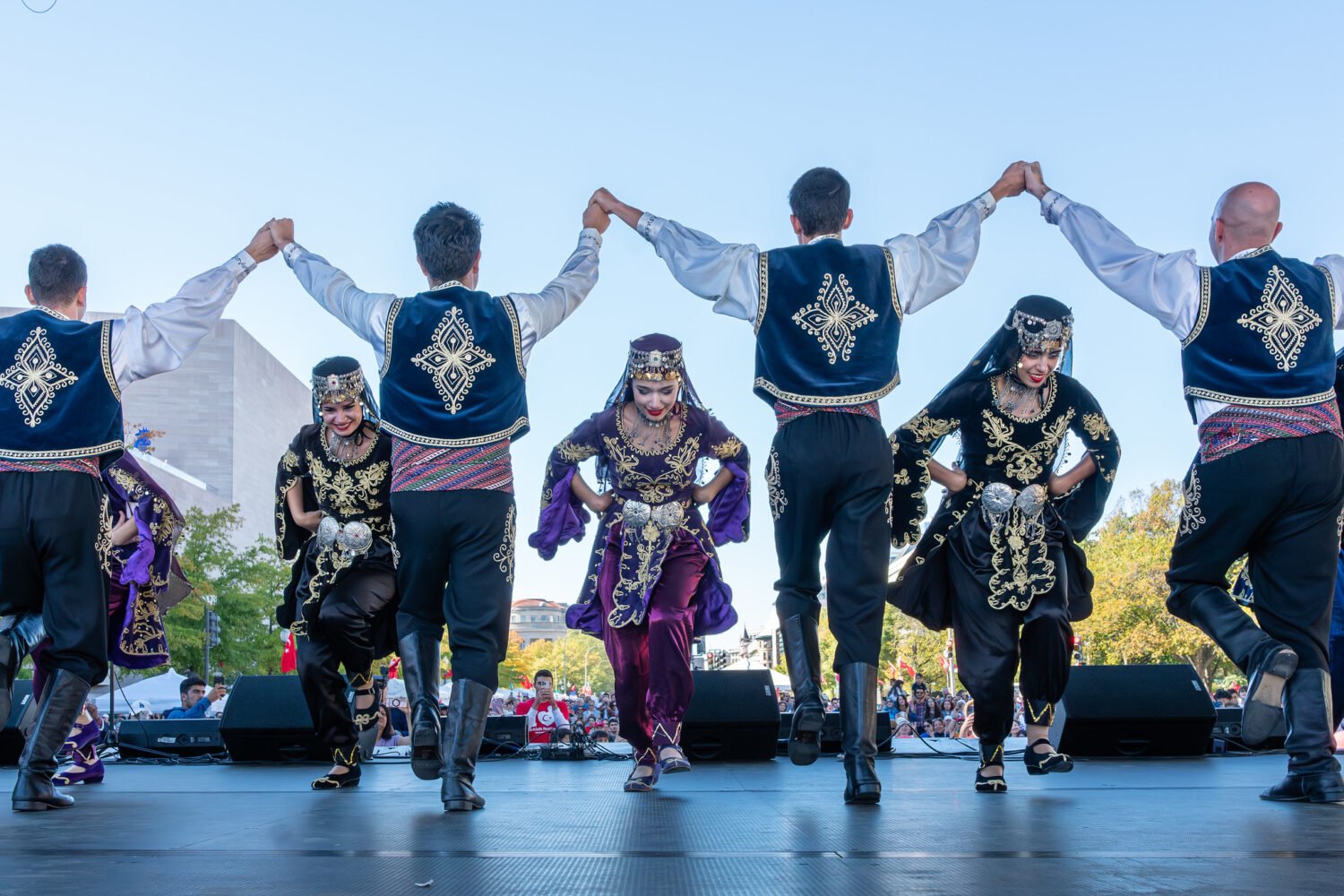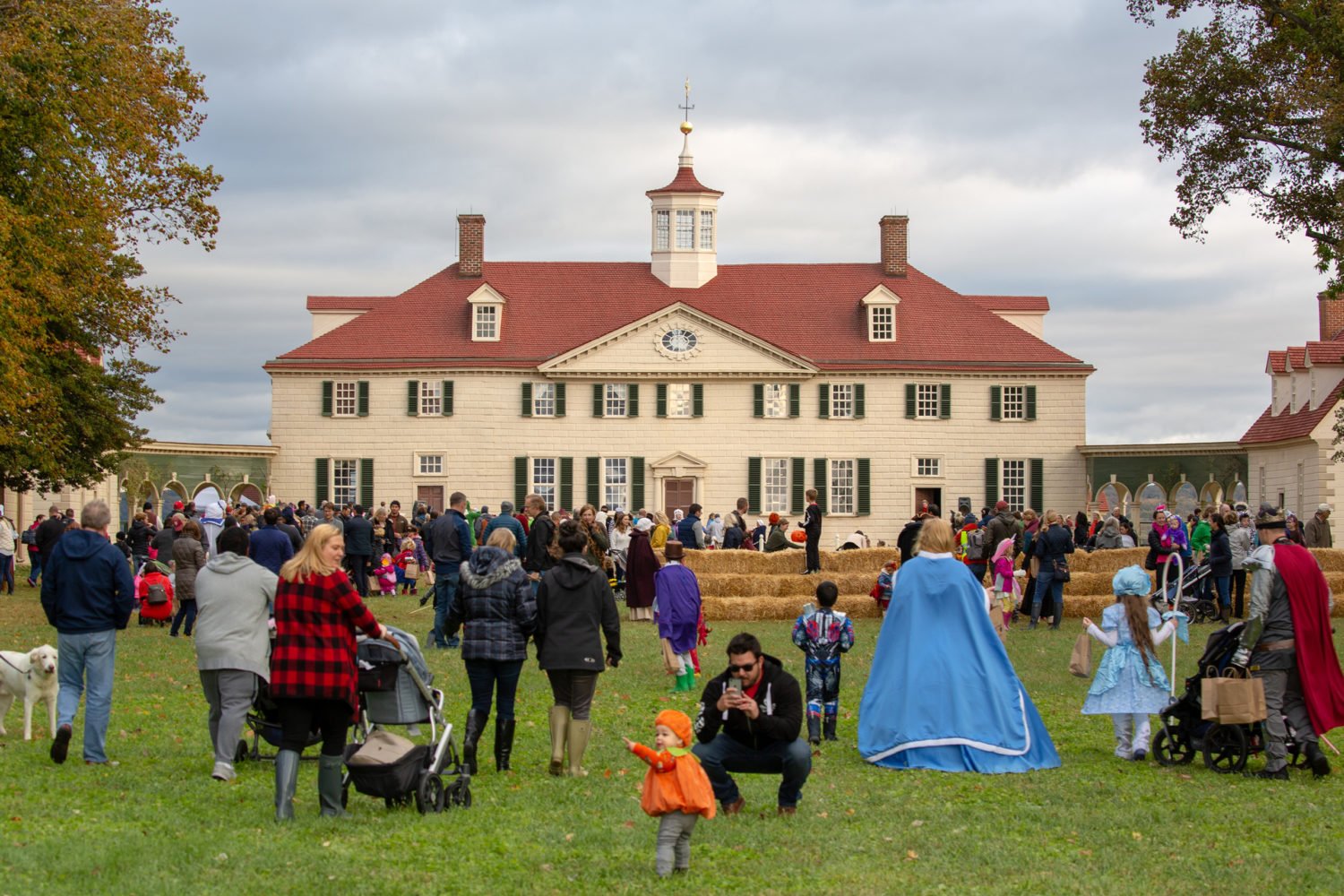The Suspicious Cheese Lords breathe life into the music of the Middle Ages and Renaissance. Photograph courtesy of the Suspicious Cheese Lords
Around 7 PM on a typical Wednesday night, a group of men begins to arrive one by one at the door of a big old house in Columbia Heights. They gather around the table as their host lays out dinner, and the conversation is the sort that one expects among a dozen or so friends. They have come from typical Washington jobs as lawyers and doctors, working in IT firms and non-profits: at least one is between jobs. Jokes and friendly barbs are traded back and forth, and introductions are made as new friends join them, including this week a reporter from Washingtonian.
At 8:30, however, something surprising happens, as the real reason for this gathering becomes clear and the men stand up, clear the table, pass around sheet music, and begin to sing a motet by Jacobus Gallus, a composer active in the Holy Roman Empire in the late 16th century, and other music rarely heard since it was composed in the Renaissance. These are the Suspicious Cheese Lords, an all-male choir that is devoted to the rediscovery of unknown Renaissance polyphony, a vast body of complex music written in generally four or more independent parts overlaid in contrapuntal imitation. If you follow early music in Washington, you have probably already heard of them or at least recognize their rather odd name.
Four of the five original members who founded the group, in July 1996, still sing, including Clifton “Skip” West III, who hosts the rehearsal in his house. “None of us are paid,” says Skip, “we are all volunteers. What income we make comes from ticket revenue at our concerts, which all goes into the collective pot, to support travel to perform in other places, for research of new pieces, and most important, for recording.” The Lords have released three recordings on their own label, all of which contain music that had never been recorded before. “Our only concern is to sing music that no one else sings—if possible, that no one has sung since the time of its composition. That is why we are here, because of the love of this kind of music. We live and die for the chance to make this music live again.”
The allure of food to a group of men is obvious, but the dinner has a long history in the group, going back to when Skip first enticed a few friends to his house to sing some music by English Renaissance composer Thomas Tallis, whose motet Suscipe quaeso Domine prompted the humorous bad translation of Suspicious Cheese Lord. “The food makes sure that people show up on time,” Skip jokes. Does he always do the cooking? “I got suckered into it,” he laughs. “We used to order pizza, but it’s cheaper just to do it myself.” Having shared the bounty of the table at Cheese Lord Manor, I can say that the meal also cements the friendships in the group (their ages range between 23 and 50), providing some bonding time to let off steam about the day’s work, talk about future plans, and relax with a glass of wine or a beer for an hour.
It also provides time to get to know prospective members, who generally come to dinner and rehearsal for a while before the group votes on whether they can join. The Suspicious Cheese Lords are a collective, and all members have a say on everything: personnel changes, choice of new music, and scheduling of concerts and other performances, meaning that the group’s schedule is often not announced that far in advance. Between dinner and rehearsal, there is a brief business meeting and like most endeavors run by committee, it is a bit of a jumble. The rehearsal is no less chaotic, as everyone makes comments, criticisms, and suggestions. When asked if this bothers them, the Lords agree that they function best this way. The disorderly process is the price of democracy.
It is not particularly efficient, but musical concerns are addressed as everyone has his say. Tonight, in the week after the group’s most recent performance at the Washington Early Music Festival, is a sight-reading rehearsal. The Lords pass around sheet music of new pieces by Thomas Crecquillon and other mostly obscure composers. They give the music a first read-through after deciding on the distribution of parts, four to six lines split among the dozen singers. The group aims to recreate the sound of the typical Renaissance ensemble, all-male and sometimes with boys’ voices, that would have performed this music, with countertenors on the highest parts. After sight-reading several pieces a few times through, it is time for a cool dessert and then the trip home and back to the 21st century.
Subscribe to Washingtonian
Follow Washingtonian on Twitter
More>> After Hours Blog | Arts & Events | Happy Hour Finder | Calendar of Events















